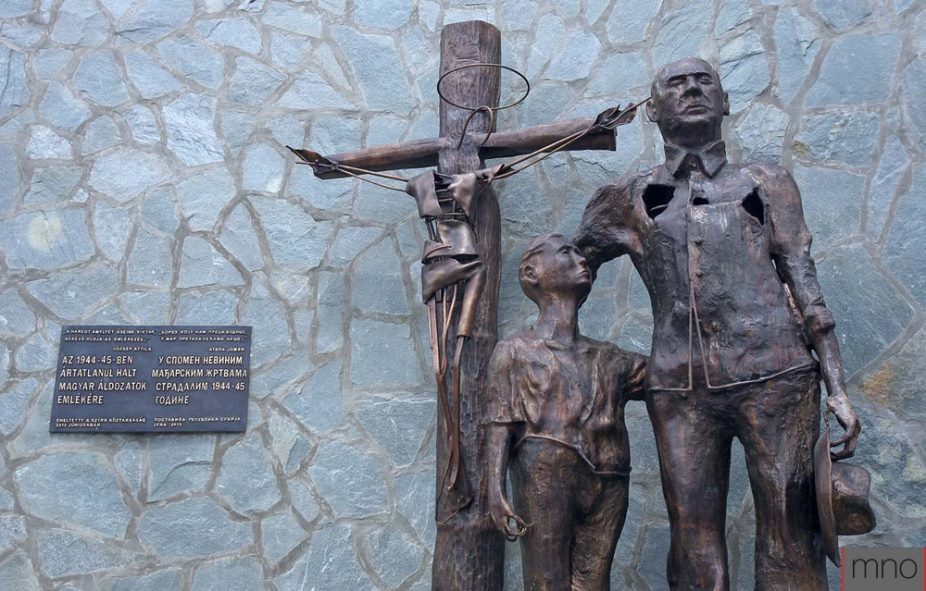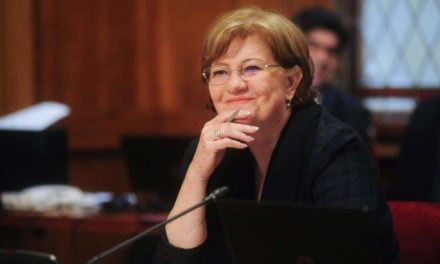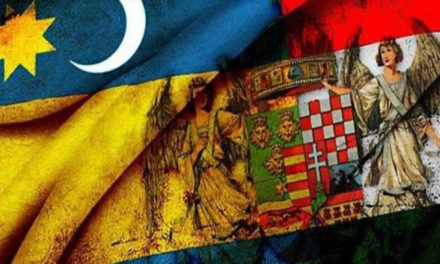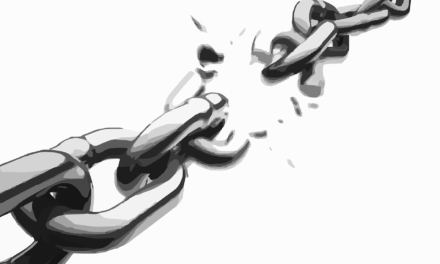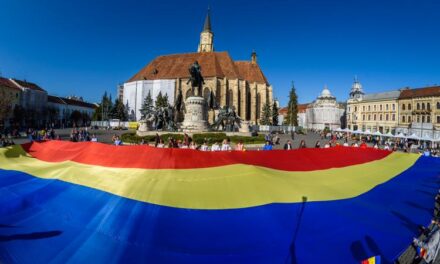The Vojvodina reprisal of 1944-45 became the fate of even those who had no personal involvement - stressed Bálint Pásztor, vice-president of the Vojvodina Hungarian Association and chairman of the Szatka city council, at the Szatka commemoration organized in honor of the innocent victims executed in 1944-1945 on Wednesday.
The one in Sabztaka is one of those mass graves that were created as a result of unbridled passions, self-judgment, and mass murders committed out of a desire for revenge called justice, he added. November 2nd is the day when we make a promise to ourselves, to each other and to the people we represent that "we will do everything in our power to prevent such atrocities from happening again," added Bálint Pásztor.
The politician reminded that Hungary and Serbia, the Hungarians and the Serbs, reconciled with each other after the grievances of the Second World War, and this is exemplary throughout Europe, and added that the past must be closed.
As he said, the relations between the two countries are at a very high level, the "real results of mutual support, assistance and cooperation for the citizens of both states in the most important areas, in the fields of economy, trade, energy exchange, infrastructure development, but also in many other areas, are daily can be experienced".
At the same time, he added that, despite all this, there are those who "resort to inciting hatred by stirring up feelings and ripping open wounds." He pointed out that two weeks ago in the Belgrade parliament, opposition politicians called the Vojvodina Hungarians who want to erect a monument to the innocent victims in Újvidék as fascists. At the same time, he said that despite the attacks, the monument will be built.
"In the midst of natural disasters, epidemics, energy crises and man-made war atrocities that have turned the world upside down, we have to see how dependent we are on each other, how much effort is needed even if we all want the same," underlined the president of the city representative body.
In 2010, the presidents of Hungary and Serbia agreed to set up a joint academic commission to investigate actions committed during and after World War II. A key moment in the reconciliation process was when a memorial was erected in Csúrog in 2013 in honor of the innocent Hungarian and Serbian victims executed in the Second World War, which was handed over in the presence of Hungarian President János Áder and then Serbian President Tomislav Nikolic, and the two heads of state jointly bowed their heads to the memory of the victims.
And one year later, in 2014 - after seven decades - the Serbian decree was passed which abolished the legislation passed in the late 1940s declaring the collective guilt of the Hungarian population of the three settlements most seriously affected by the massacres, Csúrog, Zsablya and Mozsor. The current president, Aleksandar Vucic - while still prime minister at the time - took part in the Szabka commemoration organized in honor of the innocent victims executed in 1944-1945. It was the first time that the Serbian leadership paid their respects at the Szatka memorial.
The Vergődő madár monument in Szabadka commemorates the more than a thousand people - mainly Hungarians, Croatians and Germans - who were taken from Szabadka and its surroundings and executed in the cemetery by Serbian partisans in the fall of 1944. The names of 852 victims are listed on the marble tablets next to the memorial, but since the tablets were made, the remains of another 315 victims have been found.
MTI
Cover photo: The memorial to the innocent Hungarian victims executed in 1944-1945 in Csúrog / Photo: Magyar Nemzet

